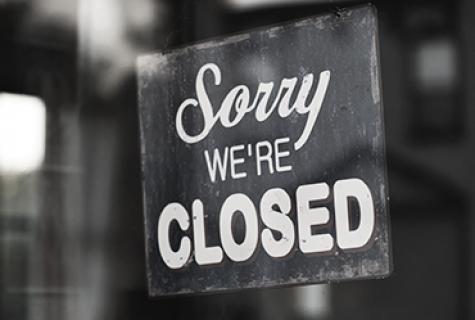News
NJORD Estonia: LET’S COLLECT THOSE UNPAID INVOICES!
There may be several reasons for unpaid invoices or contractual penalties: temporary poor cash flow or not agreeing with the invoices or contractual penalty claims. The suitable solution often depends on the reason. Different solutions mean spending different amounts of time and money.
If a client hasn’t paid their invoice or if a business partner is unwilling to pay a contractual penalty, we recommend considering the following options:
- Sending an official claim. It’s always a good idea to first send a reminder in writing yourself, but often a letter from an attorney is more effective – it also carries a message that the company is serious about the claim and won’t back out of it. An official reminder is often enough to get the debt paid.
- Concluding a payment schedule. If the client or business partner, who are in debt, do not contest the claim, but poor cash flow doesn’t allow to pay their debt in full at once, consider concluding a payment schedule that includes the debt certificate and the conditions for debt settlement: the term, possible interest fees etc. If the debtor violates the payment schedule, it will still make it easier to discuss the claim in court.
- Concluding an immediate compulsory enforcement agreement. If the debtor is willing to settle the debt, but wishes to do so later, consider concluding a payment schedule along with the immediate compulsory enforcement agreement, which must be concluded at the notary. If the debtor violates the agreement, it makes it easier to claim the debt – you can take the agreement directly to the bailiff.
- Concluding a security agreement. If the debt is caused by a temporary poor cash flow, but the debtor believes that the problem should be resolved soon, it’s worth discussing which securities would protect the creditor and would ensure that the debt is paid in a reasonable time frame. Options to consider include different liens, including encumbering the debtor’s immovable with a mortgage, as well as third party securities, such as sureties and warranties. Since not all securities can be used in every case, concluding security agreements should be discussed with experts beforehand.
- Urgent payment order in court. If out-of-court solutions aren’t possible, for smaller claims, that are undisputed, a good solution is to use the urgent payment order. To be able to apply for an urgent payment order, the claim, including the ancillary claims, cannot be larger than 6400 euros. If the client’s debt has accumulated over time and has surpassed the limit, the matter should still be discussed with an expert to see if urgent payment order can still be used in some way.
- Simplified procedure to enforce claims in the European Union. If the client or a business partner is located in another EU member country, simplified procedures might help. We covered those options during our dispute month in January and you can find the related article here.
- Settling the disputes in court. If the amount or existence of the claim is disputed and parties are unable to reach an agreement, they can file a claim to the court. It’s possible to continue negotiations and settle the dispute with a compromise whilst the court proceedings are still ongoing. If the agreement isn’t likely to happen, the decision will be up to the court. A positive court decision that has taken effect is an execution document, based on which it is possible to initiate execution proceedings.
- Taking the dispute to court. Even if the contract didn’t state that the dispute must be solved in arbitral court, that kind of agreement can still be made after the dispute has occurred. If the dispute is complicated, and yet it’s important to both parties that it would be resolved quickly, it’s recommended to discuss the possibility of arbitral court with the client or business partner.
If you decide to collect unpaid invoices, NJORD Law Firm’s dispute team is ready to help in any way possible!




